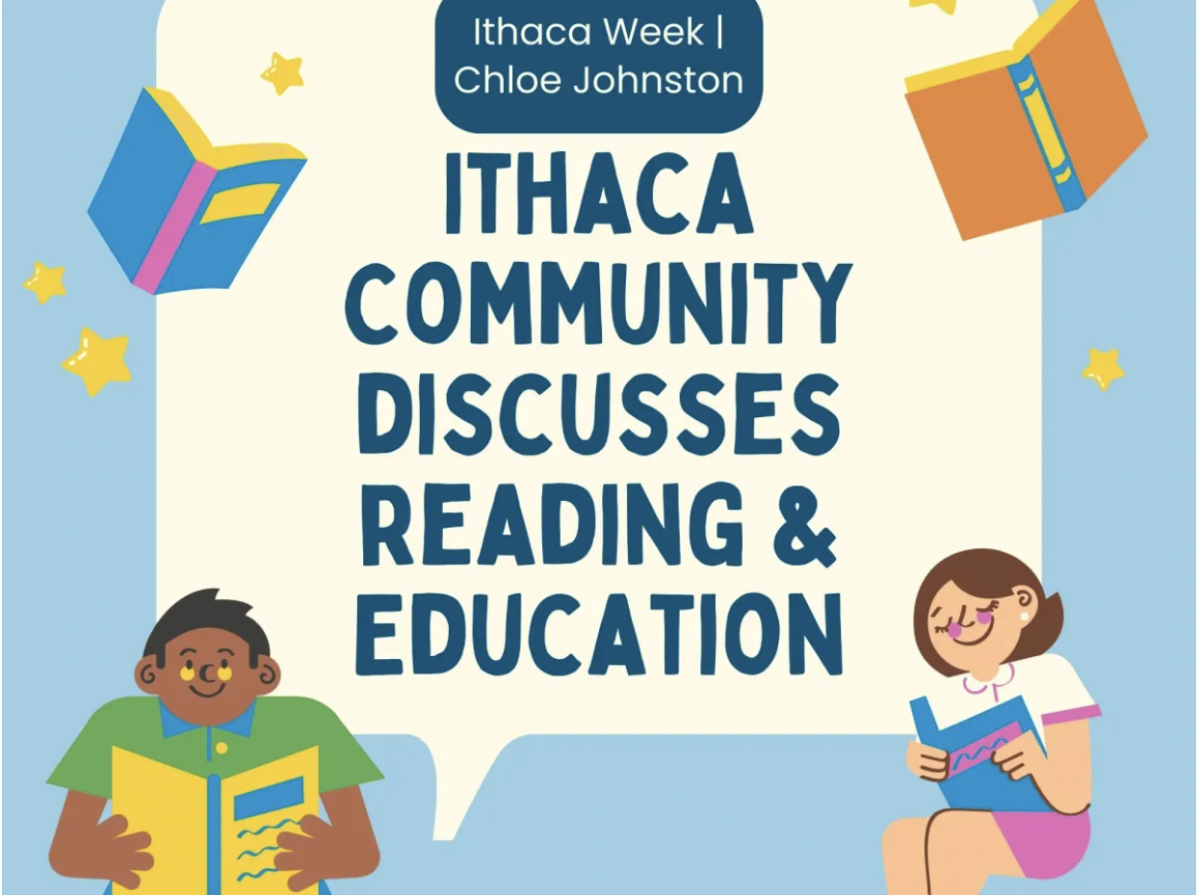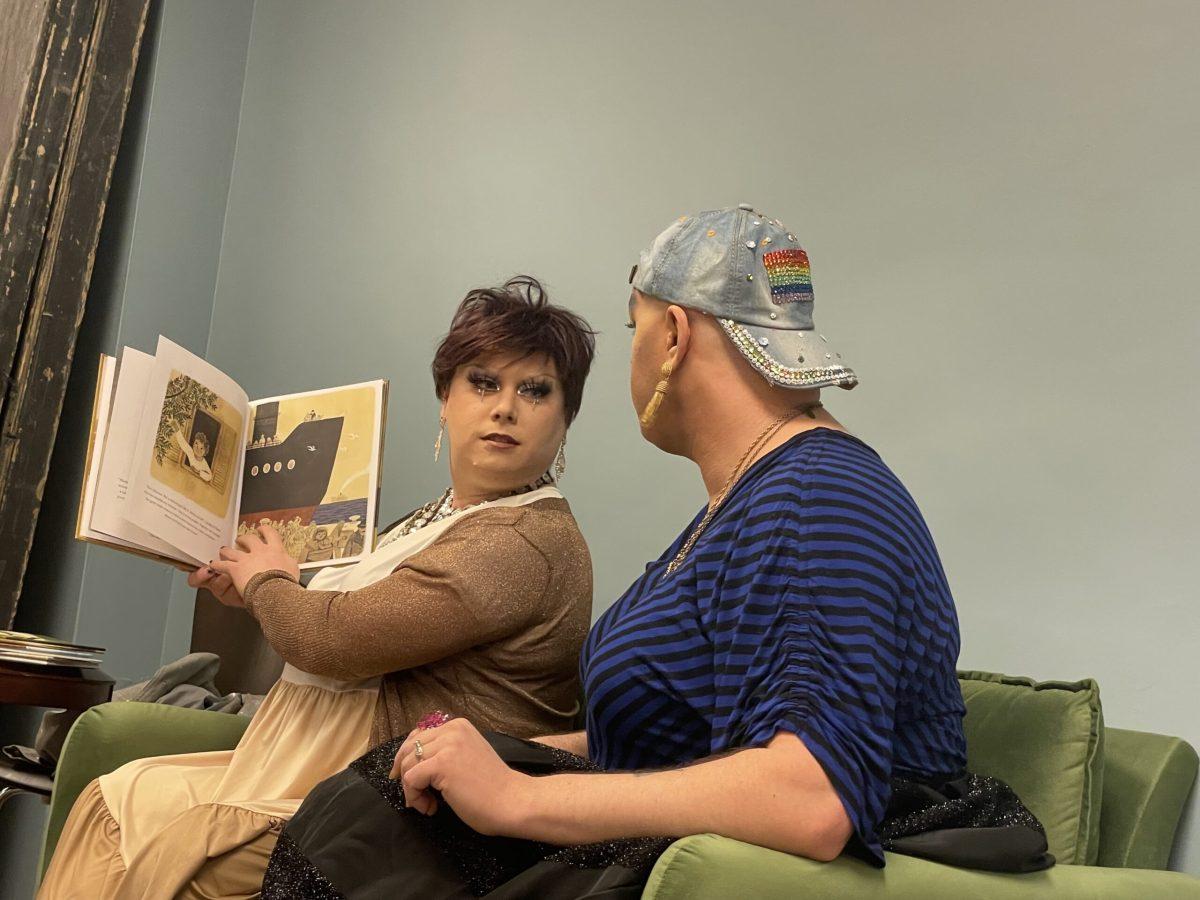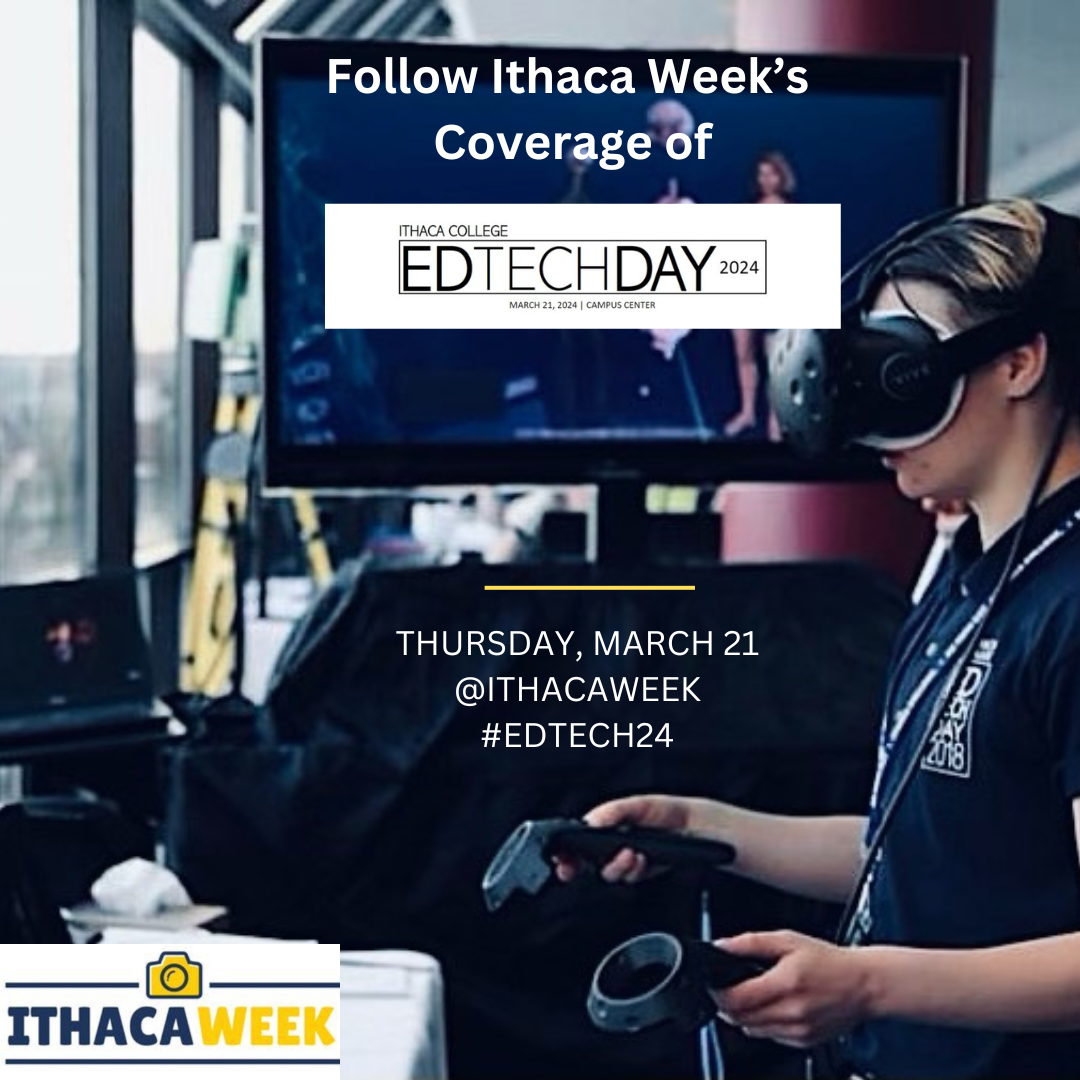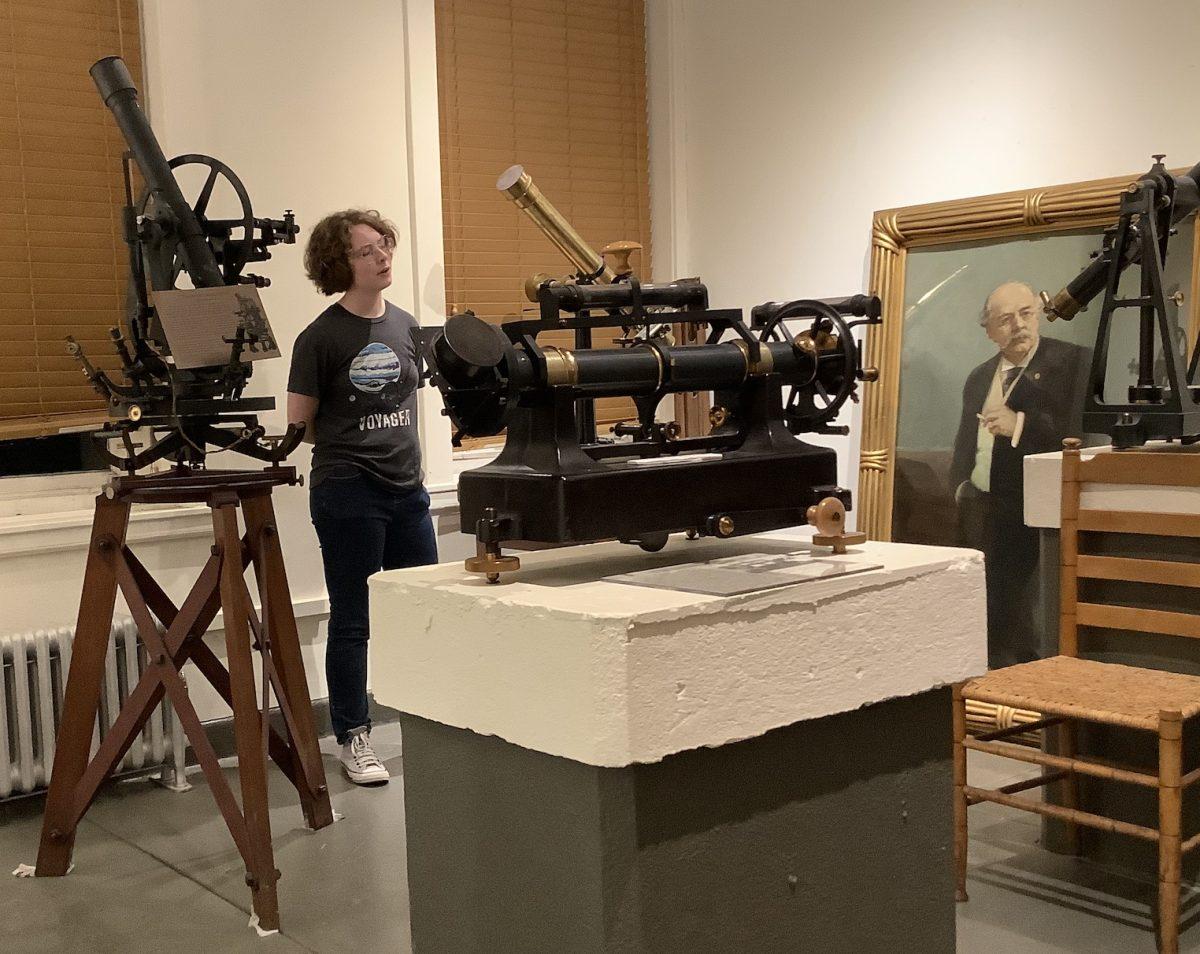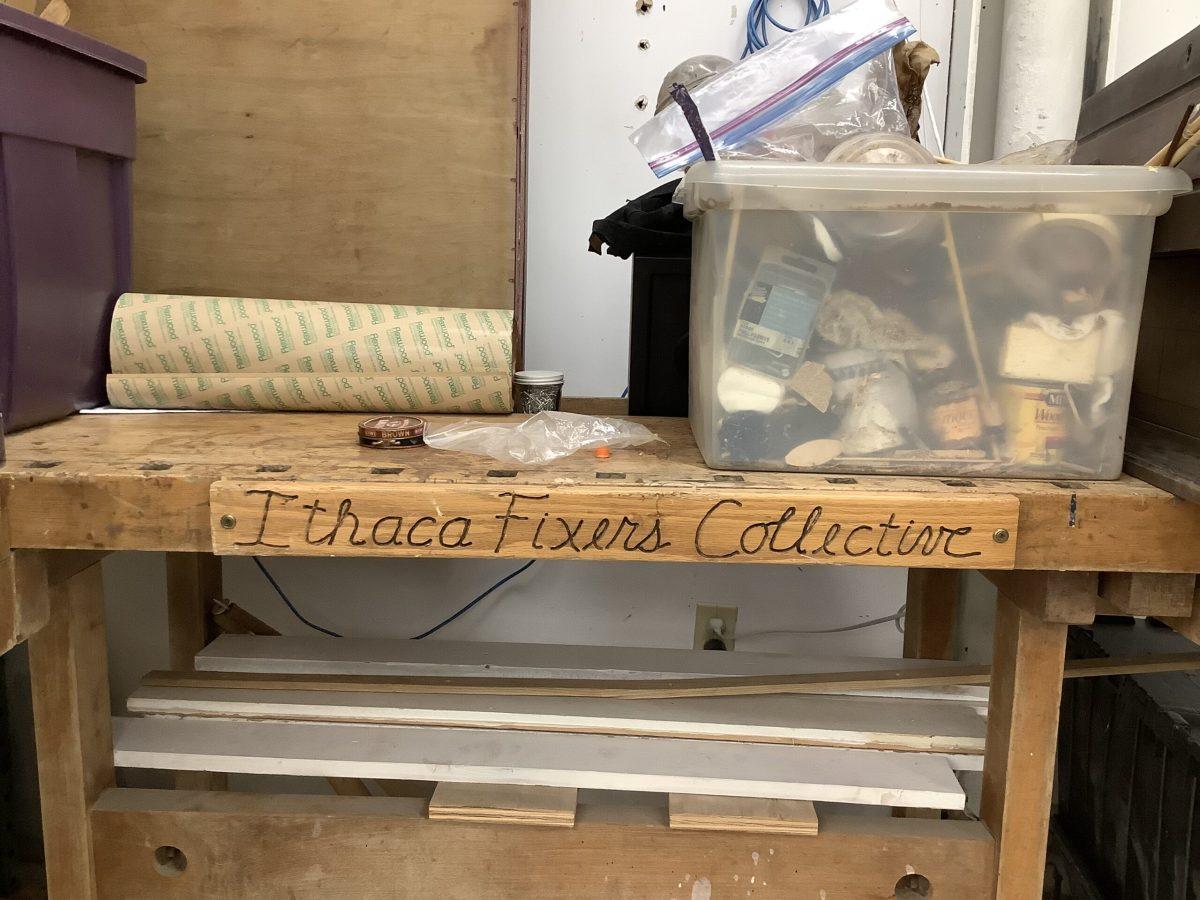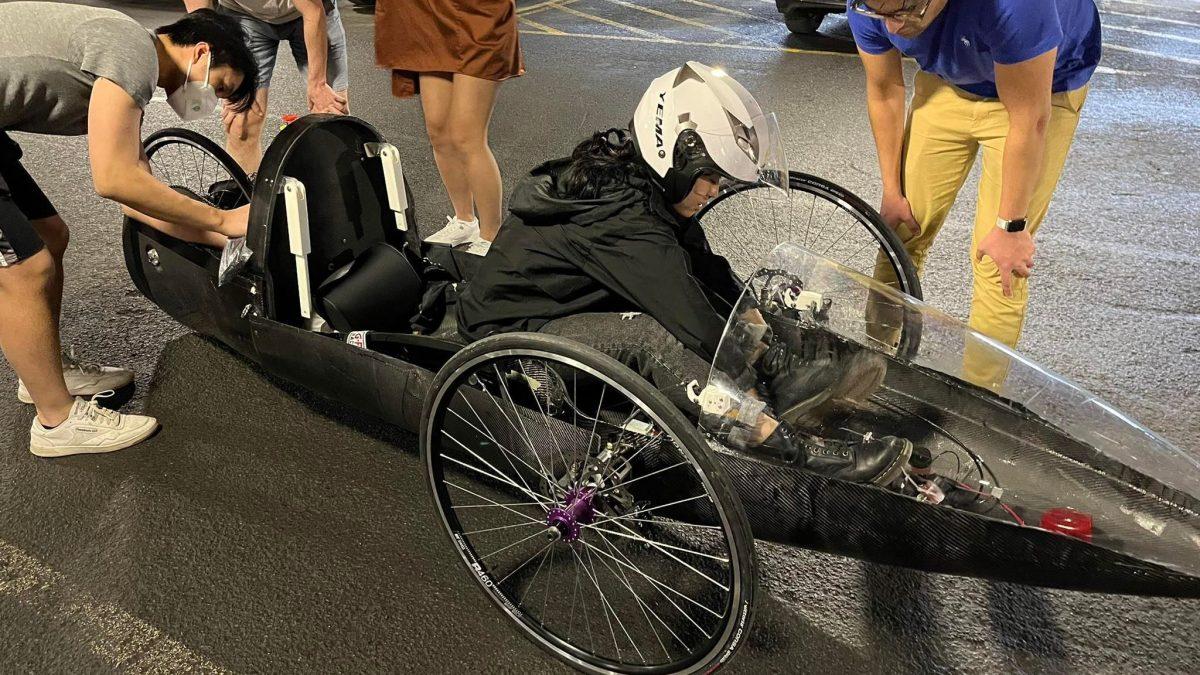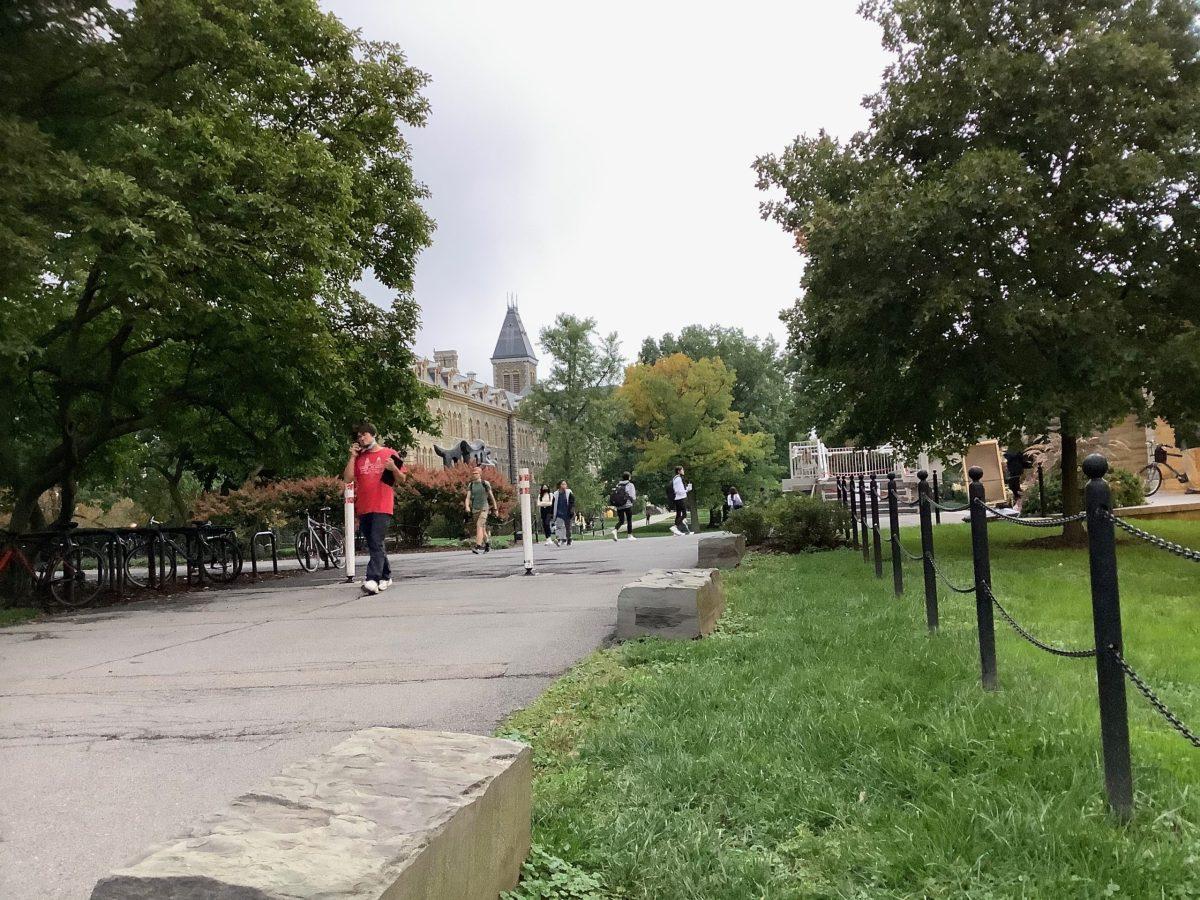ITHACA, N.Y. — Educational spaces are racing to understand the technology amid concerns surrounding copyright, plagiarism and the benefits within the classroom. Cornell University recently unveiled an Artificial Intelligence minor, which will be available for students starting Fall 2024.
Ithaca is one of the many spaces that is experimenting with the use of artificial intelligence (AI) throughout its pedagogical approach to education. Cornell University president Martha Pollack visited Seoul, South Korea from April 5 to 7 as a part of the Asia-Pacific Leadership conference, where leaders discussed the use of AI in educational initiatives.
AI around the world
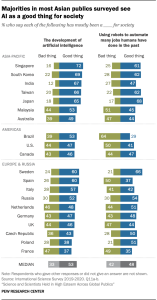
Dr. Yong Jik Lee of Chonnam National University in Gwangju, South Korea is leading government-mandated AI workshops with what he calls “master” or “leader” teachers, who will then disseminate their learning to colleagues across the nation. He works within the local Ministry of Education to create professional development (PD) opportunities for teachers.
Lee described AI technology as an “intelligent assistant” that can help students learn and “overcome barriers.” He emphasized that especially in a country where students are learning English as a foreign language, AI-generated language content can assist students like a native speaker.
South Korea is one of the leading countries for AI research and is implementing plans to use digital, AI-guided textbooks in classrooms by 2025.
AI and IC
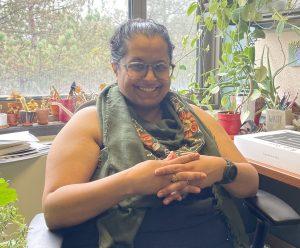
In the United States, concerns surrounding plagiarism and content creation are tied to the use of artificial intelligence by the public. Ithaca College junior Lindsey Peters said that software like Chat-GPT is a “good device for organization” and can be entertaining when used for fun, but she is concerned about its use in larger creative workforces.
Dr. Priya Sirohi teaches academic and business writing at Ithaca College and is also the director of the Writing Center. Sirohi has implemented AI literacy as a key portion of her curriculum and has been pointed to as a leader in AI technological and pedagogical use.
“I want my students to be able to put “AI literacy” on their resumes,” Sirohi said.
AI has quickly flooded the market in many business avenues, including education. But Sirohi cautions that the free access of generative AI technology comes at the expense of the consumers, not the corporations who created it.
“Nothing is free,” said Sirohi. “When there is something that is free, you are the product, the commodity or the labor.”
She said that plagiarism concerns in classrooms are “not new, just evolving” and that the conversation surrounding those issues should focus on holistic mental health services rather than punitive measures.
What Should Educators Be Doing?
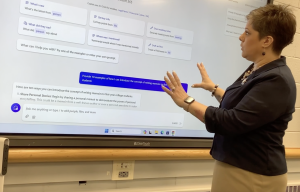
Dr. Jenna Linskens is the director for the Center for Instructional Design and Educational Technology at Ithaca College. She advised that students and faculty alike should explore AI technology, like Microsoft’s CoPilot, as a collective learning experience. She said the college sees AI as a “technological and pedagogical game changer.”











